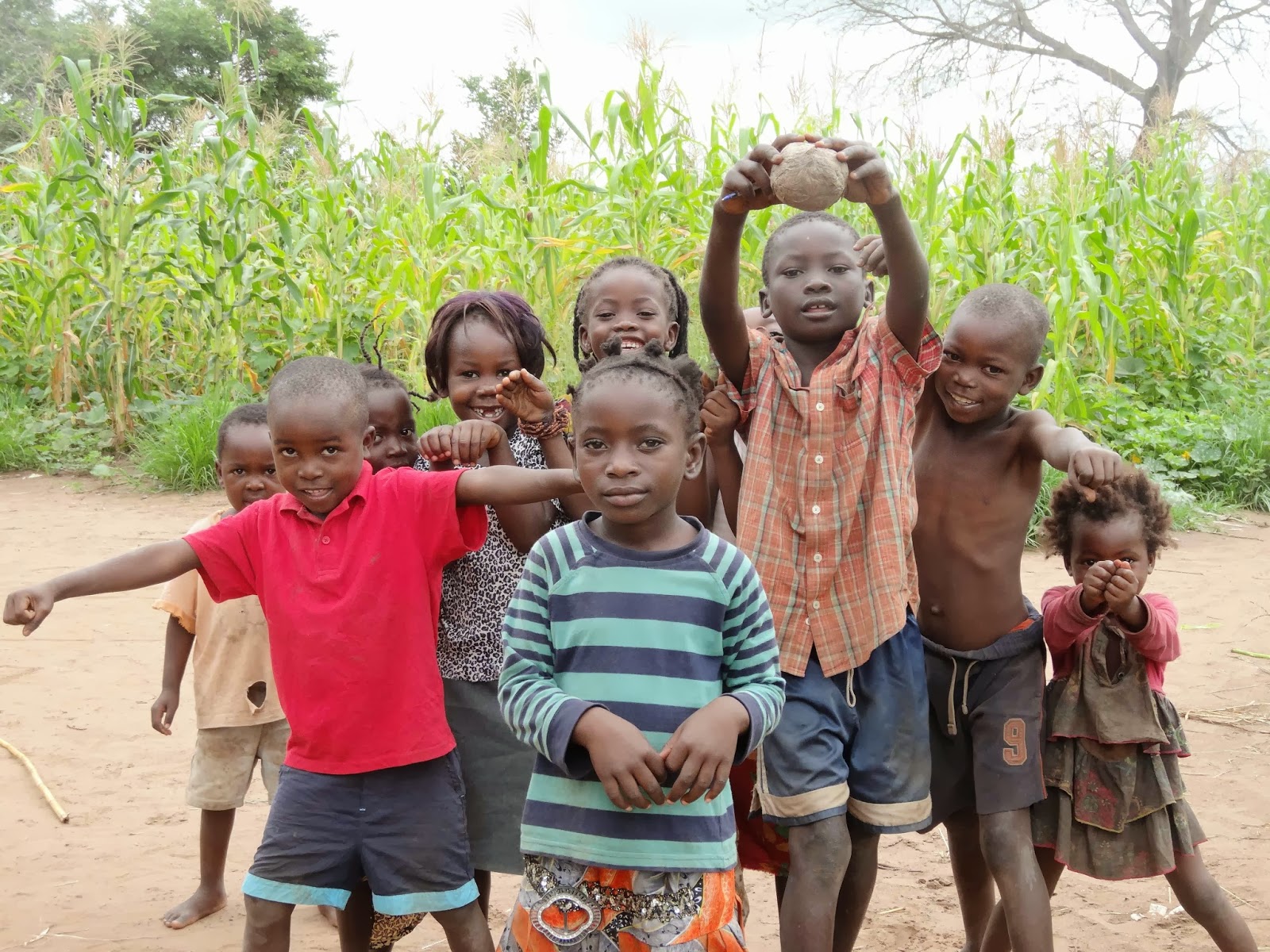In his iconic book - Jared Diamond (my hero) postulates that civilisation developed first in the Middle East and then in Europe because of the presence of easily domesticable tools in the form of plants (wheat) and animals (cows and horses). Many other parts of the world lacked them and hence never moved beyond a mostly nomadic hunter-gatherer existence. It was luck - not any particular culture and certainly not any difference in genes (the human race is in fact very genetically homogenous). The presence of the right plants and animals enabled population growth, and a society in which a proportion of the population were spared from the need to work in the fields and they then became administrators, inventors etc. and that led to slow and gradual economic development which took centuries.
Rural Africa’s problem is how to get the tools to develop, and how to short cut the process so that it takes generations rather than millenia. This part of Zambia is still a basic agricultural society, with a productive food crop in the form of maize (that came from America), but no beasts of burden, or their modern equivalent - the tractor. Fields (usually around half an acre) are tilled by hand using a sort of mattock - which has a metal spade type blade at right angles to a wooden shaft. Weeding is done literally by hand. Fertilisers are used very little. Many families main sustenance is the maize and ground nuts they harvest at the end of the rainy season - which must last them for the whole year. They also try to grow a cash crop such as cotton to get cash to buy and maintain their bicycles and buy airtime for their phones. If they have poor rains, such as happened last year - they run out of maize well before the next harvest and those who cannot somehow borrow or sell their labour somewhere in order to buy flour (which of course has gone up in price) end up going hungry.
As well as the minority that are not getting enough food, there are many who cannot afford transport to get to hospital, or HIV clinic to get their drugs, they cannot afford to send their children to school or if they can, they cannot afford to buy books for them. They cannot afford candles or lamps or books so the kids cannot read or do homework, so they are less likely to pass their school exams and get a reasonable job in one of the lodges. Some girls are tempted or forced into prostitution, which contributes to the appalling HIV prevalence, and some people stand in crocodile infested rivers fishing with nets. If the rains are delayed ( as they have been this year) there is major anxiety that things might be even worse next year.
So much for the idyll of the rural life. Rural poverty is depressing, and many people have tried to help Africa short cut the long painful development that Europe went through and give them a leg up to civilization with various forms of aid and assistance. Some things have clearly been helpful - roads and electricity and a legal framework, for example - some things probably harmful - did colonialism teach paperwork and obedience rather than the entrepreneurial spirit? Some of the money that could build capital in this society is ‘wasted’ on phones and satellite TV . Tourism does bring money into the area, with the safari guides being the top of the social ladder. But the overwhelming impression for me is that even with the tools that can lead to development - it is by no means inevitable, and things could easily get worse rather than better, despite all the Aid.


No comments:
Post a Comment